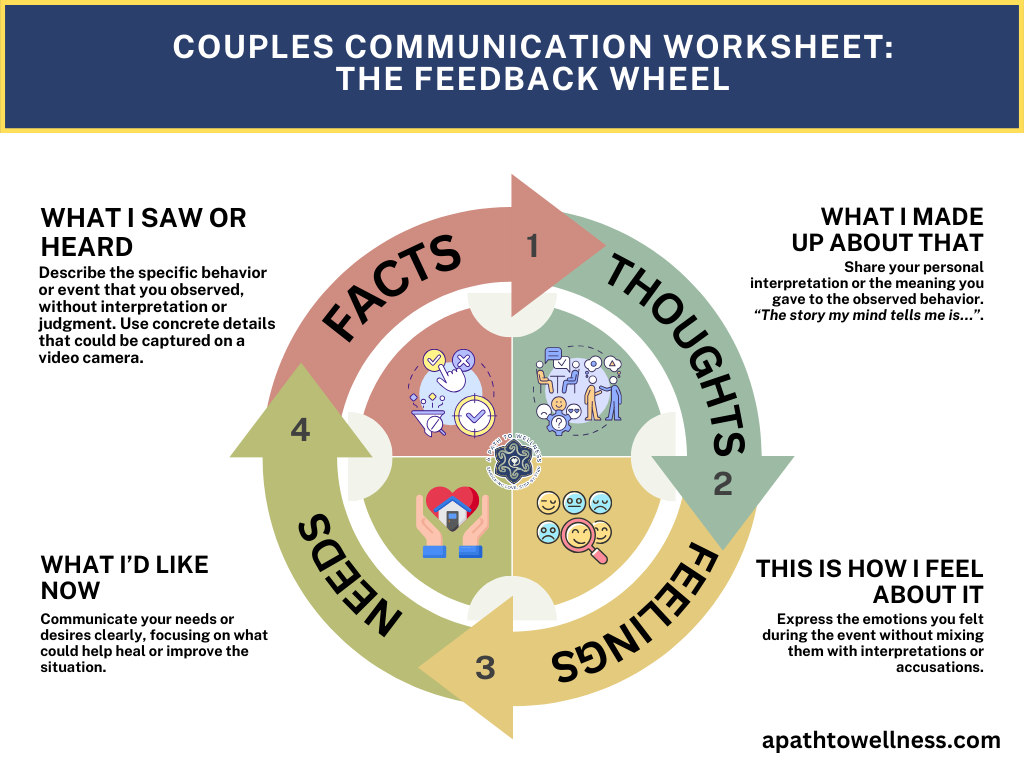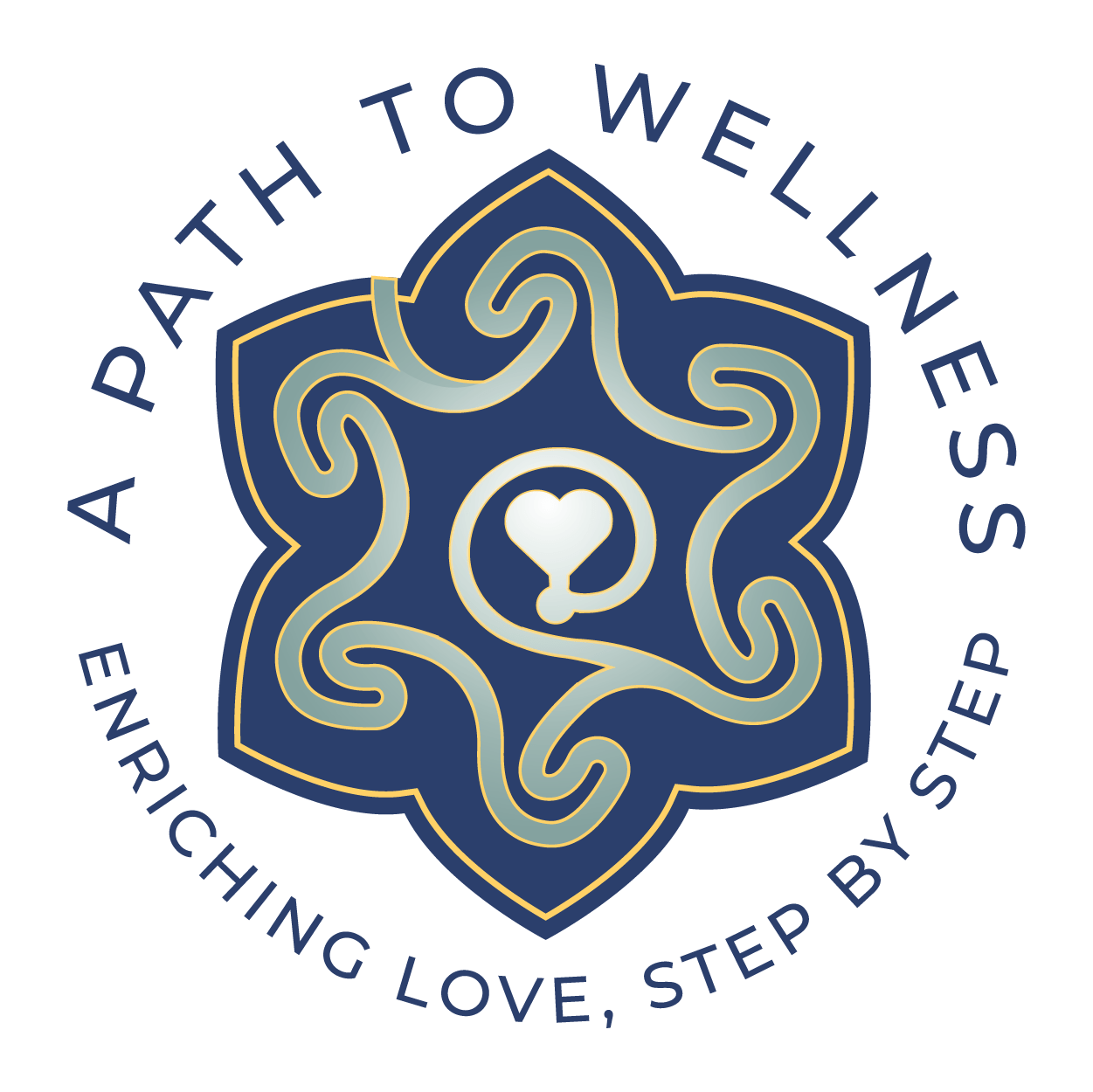Relationships are complex and multifaceted, often balancing between fulfilling needs and managing challenges. One recurring theme that disrupts harmony and communication is defensiveness, a behavior often deeply rooted in unmet emotional needs. When these needs go unnoticed or unaddressed, they can become the foundation of misunderstandings and conflict. In this article, we delve into the core reasons behind defensiveness, exploring how unmet emotional needs shape responses, and offering insights into nurturing a more connected, understanding relationship.
Understanding Emotional Needs in Relationships
Emotional needs in relationships are the underlying elements that shape emotional well-being and security between partners. These needs encompass a range of psychological desires, including the need for validation, appreciation, affection, and emotional support. When met, these needs foster trust, security, and open communication, allowing both partners to feel valued and understood. However, when these needs go unmet, they can create a rift that leads to misunderstandings, withdrawal, and defensiveness.
Defensiveness, as an instinctual reaction, is often a response to protect oneself from perceived emotional threats or discomfort. When a person feels their emotional needs are ignored or invalidated, they might react by shielding themselves through defensive behaviors, distancing themselves emotionally, or counterattacking to avoid further hurt.
The Impact of Unmet Emotional Needs on Defensiveness
The link between unmet emotional needs and defensiveness is significant, often creating a cycle where both partners feel misunderstood and neglected. This cycle can be challenging to break, particularly when both individuals are unaware of the underlying emotional needs driving their reactions. Here are some common emotional needs that, when unfulfilled, can spark defensiveness:
- Need for Validation
- Validation involves recognizing and affirming one’s thoughts, feelings, and experiences. When a person feels validated, they experience a sense of acceptance and respect. However, the absence of validation can make individuals feel undervalued, leading to defensiveness as they attempt to assert their worth and feelings.
- Need for Emotional Safety
- Emotional safety is foundational to any relationship, creating an environment where both partners feel comfortable expressing their thoughts and emotions without fear of judgment or rejection. When emotional safety is compromised, defensiveness arises as a protective response to avoid further emotional harm.
- Need for Appreciation
- Appreciation encompasses the recognition of one’s contributions and efforts within the relationship. When appreciation is lacking, individuals may feel taken for granted, resulting in defensive behavior as they attempt to protect their sense of value.
- Need for Empathy
- Empathy allows partners to connect on a deeper level by understanding each other’s feelings and perspectives. A lack of empathy can lead to misunderstandings and resentment, as partners feel isolated in their emotional experiences. Defensiveness, in this context, is often a way to guard against feelings of loneliness and misunderstanding.
Why Unmet Needs Fuel Defensiveness
Defensiveness acts as a shield to protect against perceived threats, including emotional neglect and invalidation. When emotional needs are unmet, individuals may feel emotionally unsafe, undervalued, or misunderstood, prompting defensive reactions to avoid further emotional harm. Here are key reasons why unmet emotional needs trigger defensiveness in relationships:
- Fear of Rejection
- When a person feels their needs are consistently overlooked, they may develop a fear of rejection. This fear often manifests as defensiveness, as the individual tries to prevent further rejection by keeping their guard up and deflecting potential criticism.
- Need for Control
- Unmet emotional needs can create feelings of insecurity, leading some individuals to seek control over their interactions and responses. Defensiveness serves as a way to maintain a sense of control, preventing vulnerability and the risk of further emotional pain.
- Self-Preservation
- At its core, defensiveness is an instinctive response to protect oneself from emotional harm. When emotional needs go unmet, self-preservation mechanisms kick in, often leading to defensive behavior as a way to shield against potential hurt or disappointment.
- Perceived Threat to Self-Worth
- Unmet emotional needs can create feelings of inadequacy, diminishing self-worth. Defensiveness, in this context, becomes a way to assert one’s value, seeking validation indirectly by protecting against perceived threats to self-esteem.
Breaking the Cycle of Defensiveness
Addressing defensiveness in relationships requires an understanding of each partner’s emotional needs, fostering open communication, and creating an environment where vulnerability is encouraged. Here are practical steps for breaking the cycle of defensiveness:
1. Recognize and Validate Each Other’s Feelings
- Validation plays a critical role in dismantling defensiveness. By acknowledging each other’s feelings and experiences, partners create a foundation of respect and understanding. Validation doesn’t mean agreeing with everything; rather, it involves recognizing the emotions behind each other’s words, fostering empathy and reducing the need for defensive reactions.
2. Foster Open and Honest Communication
- Open communication allows partners to express their unmet emotional needs without fear of judgment or retaliation. Setting aside time for uninterrupted, meaningful conversations can help uncover the root causes of defensiveness, allowing both partners to address their needs openly and constructively.
3. Cultivate Emotional Safety
- Building emotional safety involves creating an environment where both partners feel comfortable expressing themselves without fear of rejection or judgment. When emotional safety is prioritized, defensiveness diminishes, as both individuals feel secure in their relationship and confident that their emotional needs will be met.
4. Practice Active Listening
- Active listening involves giving full attention to one’s partner, acknowledging their words and emotions without interrupting or judging. This practice enhances empathy and understanding, allowing partners to feel heard and valued. As active listening becomes a regular practice, defensiveness decreases, replaced by mutual respect and trust.
5. Show Consistent Appreciation
- Consistently showing appreciation helps partners feel valued and respected, reducing feelings of neglect and resentment. Small gestures of gratitude, such as thanking each other for daily efforts or expressing admiration for each other’s qualities, can go a long way in addressing unmet needs for appreciation, decreasing the likelihood of defensive behavior.
6. Engage in Self-Reflection
- Self-reflection is essential in recognizing and addressing one’s unmet emotional needs. By understanding personal triggers and insecurities, individuals can approach their partners with a clearer sense of what they need emotionally. This clarity helps reduce defensiveness, allowing both partners to engage in open and supportive conversations.
Creating a Healthy Foundation in Relationships
Fulfilling emotional needs in relationships is an ongoing process that requires commitment, empathy, and understanding. By addressing unmet needs and fostering a supportive environment, couples can create a healthy foundation where both individuals feel secure, valued, and understood. Here are additional strategies to reinforce this foundation:
- Prioritize Emotional Intimacy
- Emotional intimacy involves sharing vulnerabilities, dreams, and fears with each other. By prioritizing emotional intimacy, partners deepen their connection, fostering a sense of security that minimizes defensiveness.
- Set Boundaries and Expectations
- Setting clear boundaries and expectations helps prevent misunderstandings and unmet needs. When both partners understand each other’s limits and expectations, they can navigate challenges more effectively, reducing the need for defensive responses.
- Seek Professional Support When Needed
- Sometimes, underlying issues driving defensiveness may require professional intervention. Couples counseling or therapy can provide guidance on identifying unmet emotional needs, addressing defensive behaviors, and creating a supportive, open environment for both partners.
Conclusion
Defensiveness in relationships often stems from unmet emotional needs, creating a cycle of misunderstanding, resentment, and conflict. By recognizing and addressing these needs, partners can break the cycle of defensiveness, fostering a relationship grounded in empathy, respect, and emotional security. Taking steps to validate each other’s feelings, practice active listening, and cultivate emotional safety can transform defensiveness into understanding, paving the way for a more connected, fulfilling relationship.











